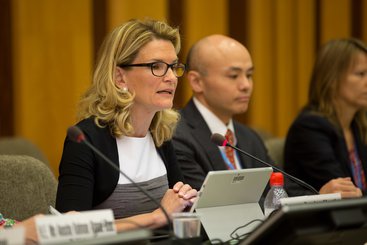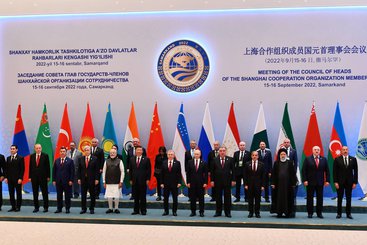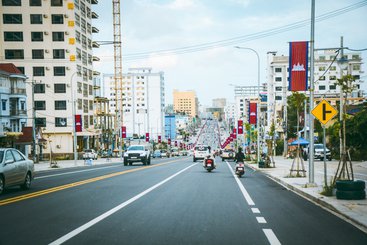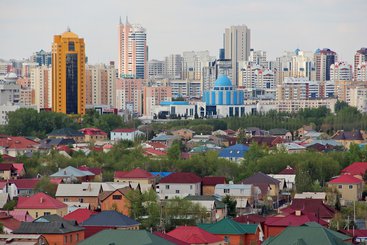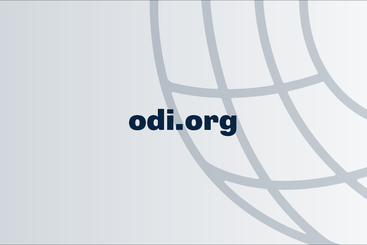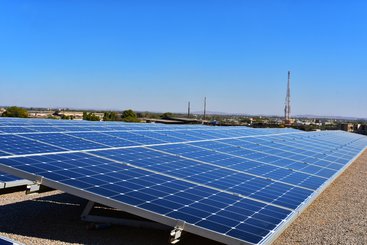A New Era
The role of China as a rising global power, an emerging consumer market and an investment opportunity has been widely discussed and documented amongst China watchers, investors and economists for decades. However, under Xi Jinping China has entered a new era with stated ambitions to become a nation with ‘pioneering global influence’ by 2050. China’s ambitions for a new era of influence raise numerous questions around what China’s role in world affairs will be and how it will address complex global challenges and risks. Where the West sees risk, China often sees opportunity; where the West seeks to reinforce existing norms and structures, China is creating new ones.


